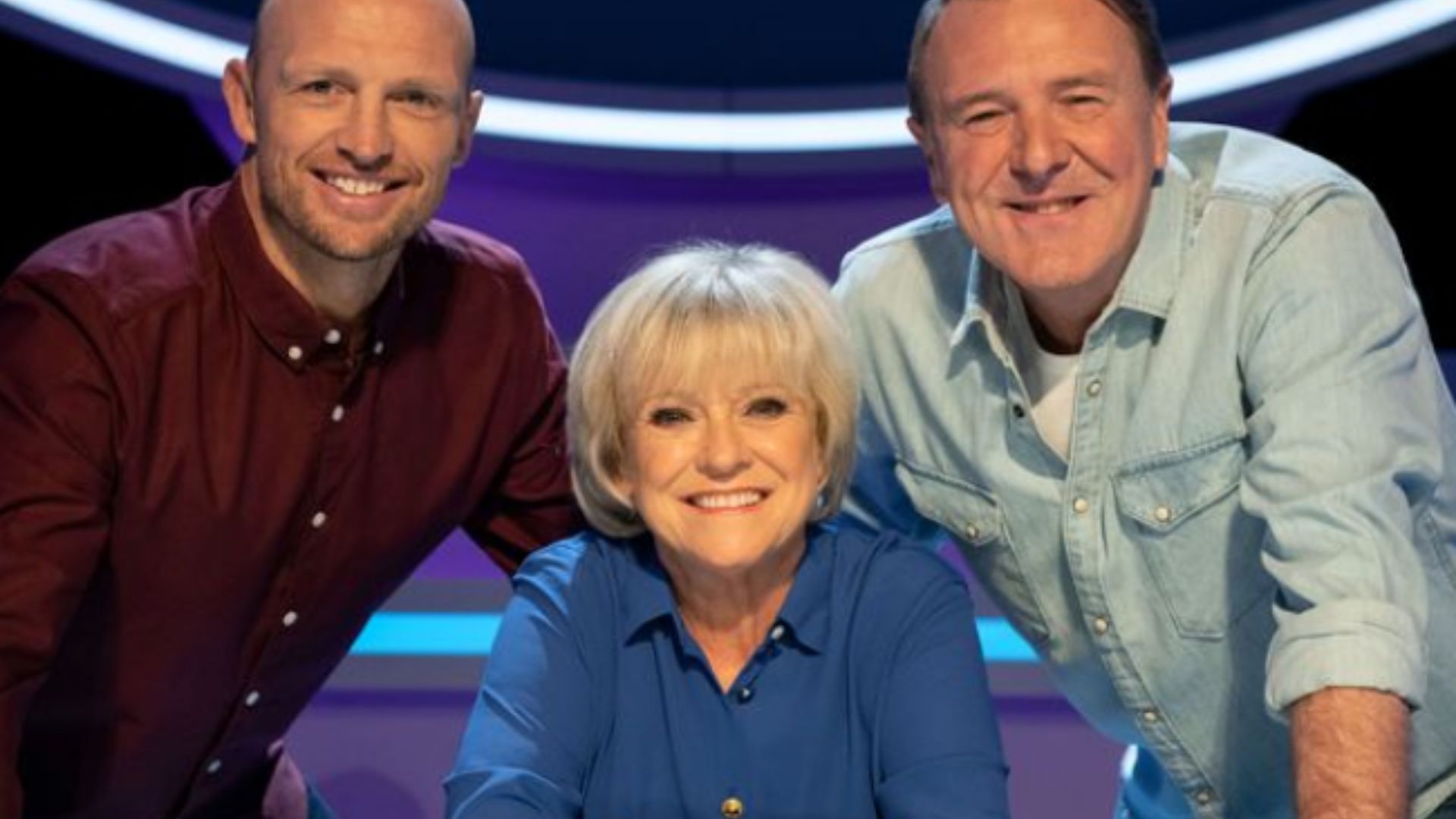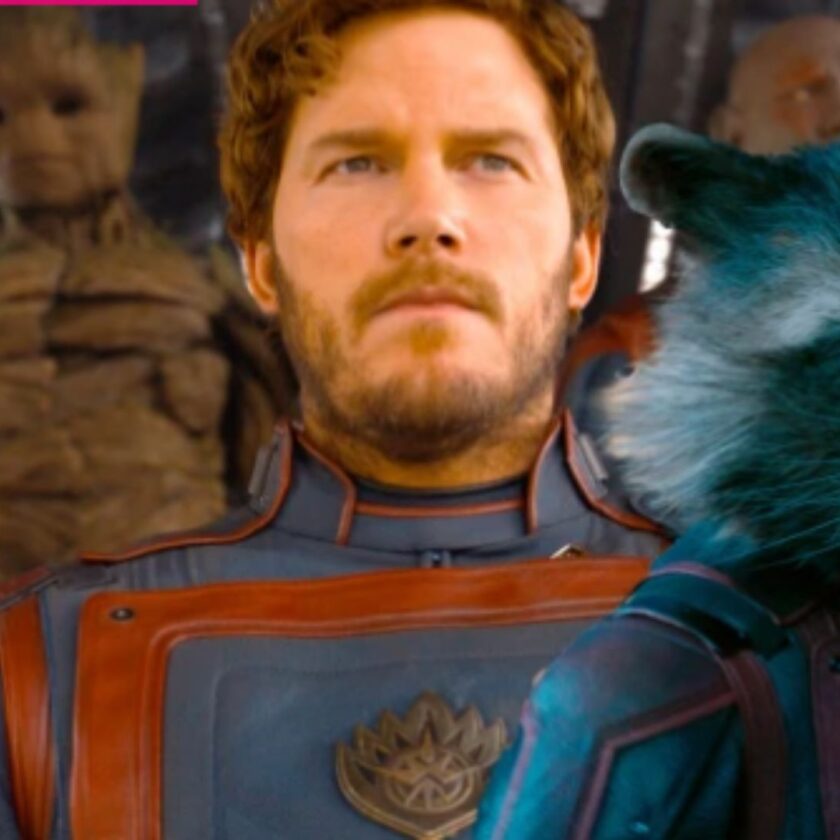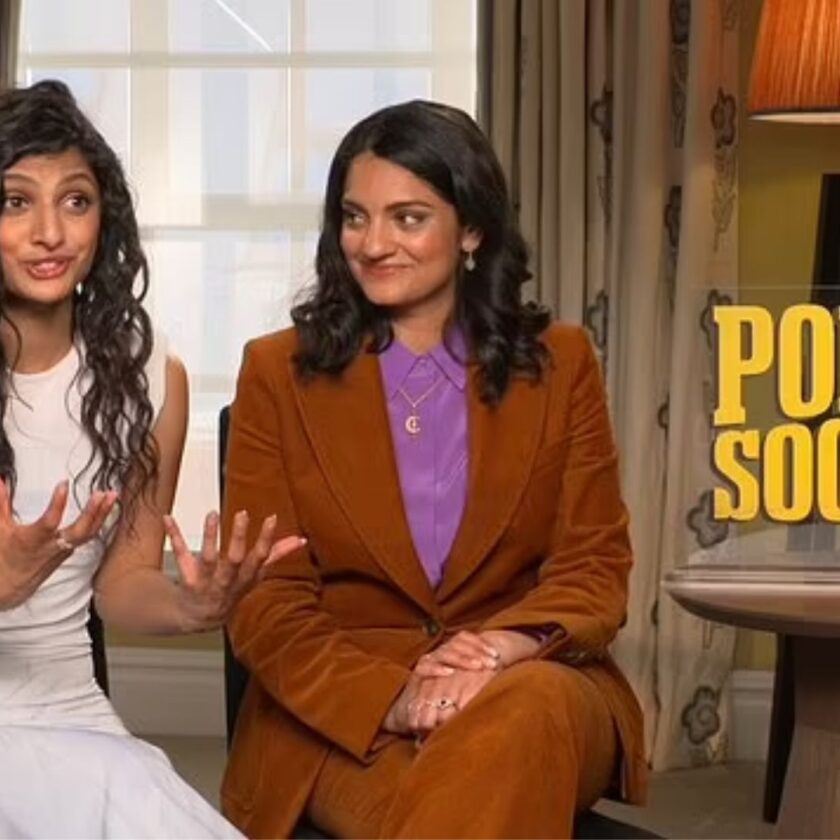Sue Barker has uncovered how she was left ‘furious’ and ‘offended’ by the BBC’s handling of her exit from its leader test show, A Question of Sport, a year ago.
The 66-year-old spent a mind-boggling 24 years in a tough situation before managers called time on her vocation and supplanted her with Paddy McGuinness.
Previous tennis star Sue said she approved of being supplanted because ‘everybody has their day’, yet was left disheartened by how it was dealt with.
She added that the entire episode showed her there was ‘no chance of leaving a job in a decent, wonderful way with your head held high.
“The commencement to the end had started in October 2016, when A Question Of Sport was one of the principal BBC shows to be put on a mission to dedicate to free creation organizations. I was on vacation when a couple of TV maker companions reached me,” she makes sense of in her new book, extracts of which have been uncovered via MailOnline.
“They’d seen the BBC delicate record and couldn’t completely accept that my name wasn’t on it. The BBC needed to invigorate the show — with additional variety and enticement for a more youthful crowd. I was gobsmacked. How could they think I won’t catch wind of this?”
The moderator was thankful to discover that a large number of the offering organizations were quick to keep her on, which brought about the telecaster playing out a U-turn and expressing that ‘they would have rather not switched the line-around.”
Sue proceeded: “after two years, BBC the executives let me know my agreement was being restored for a long time; however, in the last year, they’d request that I take in two new group commanders to supplant Phil Tufnell and Matt Dawson. I didn’t have to ponder this: I said I’d leave with the young men. Nothing was chosen over that one year from now, so we as a whole got another expansion to our agreements.”
Tales again started to whirl in 2020 over the threesome’s future on the show, yet with no stall news impending, Sue accepted a further expansion was on the cards.
In any case, that is all different during recording meetings; as Sue reviews, ‘we were out of nowhere completely assembled to isolate conferences with the executives.
Notwithstanding tolerating the BBC’s choice, learning she would leave the show left Sue ‘wretchedly miserable’ and the young men ‘crushed’.
As indicated by Sue, all the triplet asked from the telecaster was to give articulations to when the news broke of their approaching takeoffs. Be that as it may, there was ‘no email, no letter, no call’ as indicated by Sue, just ‘quietness’.
It took until about fourteen days before their last episode to get any type of correspondence – an email wherein BBC, the board, said they were ‘upset for not being in contact, and that is the point at which the ‘outrage set in.
To compound an already painful situation, Sue added that three days after the fact, she was informed the fresh insight about their exit was going to break and that she was ‘sent a proclamation that the BBC believed me should endorse right away, saying the three of us had chosen to move to one side.
Sue said they ‘point-clear would not sign the explanation as it wasn’t their choice at all.
Her dissatisfactions weren’t to end there. The BBC then mentioned, ‘ I report that I was leaving to bring about some benefit for the show, which was ‘offending’ as it was like they were asking me to ‘sack myself’, Sue made sense of.
After telling the BBC to ‘claim their choice and announce openly that they needed to revive the show’, strikingly, the rollercoaster of feelings proceeded.
Sue was offered the work back, yet as she ‘couldn’t resist the opportunity to feel they didn’t need me any longer, she declined.




